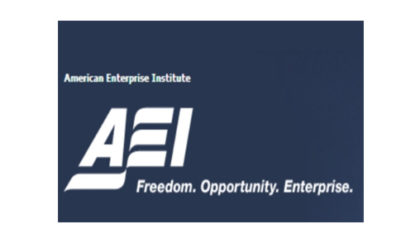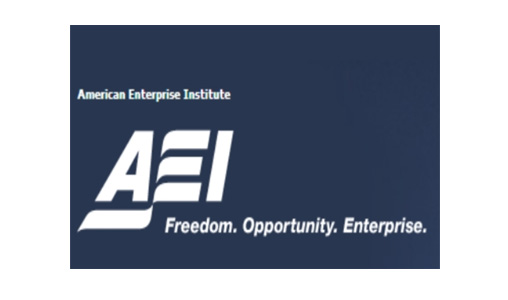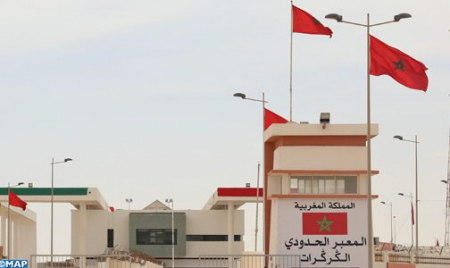 In detaining a vessel loaded with Sahara phosphates bound for New Zealand, the ruling party in South Africa, the ANC, is reconnecting with its anachronistic populist marxist ideology, putting politics above justice in a hostile action that threatens to derail a peace process led by the UN, said the US public policy think tank, The American Enterprise Institute.
In detaining a vessel loaded with Sahara phosphates bound for New Zealand, the ruling party in South Africa, the ANC, is reconnecting with its anachronistic populist marxist ideology, putting politics above justice in a hostile action that threatens to derail a peace process led by the UN, said the US public policy think tank, The American Enterprise Institute.
In an analysis issued after the pulling out of Morocco’s phosphates giant, the OCP and its Sahara subsidiary Phosboucraa, from proceeding on the core of the case in South Africa, the Think Tank deplored South Africa’s intransigence to put partisan ideology above law, threatening “to derail international processes, reward terror, and effectively encourage piracy.”
The Institute deplores the decision of the South African court to maintain the ship detained in Port Elizabeth with 55,000 tons of phosphates worth $5 million on board.
The author of the analysis Michael Rubin said that South Africa’s justice had better follow the example of Panamanian authorities who “decreed that the Polisario had no jurisdictional competence in the matter.” In doing so, the “Panamanian government and court recognized that allowing self-styled governments and groups to seize shipping amounted to piracy.”
“Groups like the Polisario would then use the proceeds to finance terrorism and the lavish lifestyle of the Polisario’s politburo, and the precedent could disrupt diplomacy worldwide,” warned Rubin.
In the face of the blatant partiality and violations by the South African justice system of the international law of the sea, the OCP declared their withdrawal from the judicial proceedings on grounds that the court “has no legitimacy to pursue the question of whether the Polisario Front should be able to seize the Cherry Blossom’s cargo,” he explained.
The arbitrary detention of the ship will have a fallout on the locals in the Sahara, the author went on to say, noting that “One hundred percent of the profits from Phosboucraa mine, whose product is being shipped by Cherry Blossom, are invested into the local community”. Moreover, the author of the analysis said, “50 local Western Sahara companies subcontract with the firm, creating even greater employment. More than three-quarters of the work force is from Western Sahara as opposed to the rest of Morocco.”
He added that Phosboucraa operates in line with the UN legal framework and international law governing the exploitation of international resources.
“Less than two percent of Morocco’s phosphate exports originate in the Western Sahara and the Moroccan kingdom spends more per capita on residents of the south than it does on any of Morocco’s other regions,” Michael Rubin explained.
In siding with the Polisario, South Africa defends a militia that locks people in abhorrent living conditions in Tindouf camps, and the self-proclaimed SADR republic is a criminal group accused of embezzling humanitarian aid and of connivance with terrorist groups, he said.
The unlawful decision of the South African court also sets dangerous precedent, as the SADR republic is not the only separatist group seeking international recognition.
“If the South African court seizes the Cherry Blossom’s cargo to hand it to a Marxist hold-over in a dusty corner of Africa, then it effectively is declaring open season on international trade and an end to talks as the primary means of resolving conflict,” underlined the author of the analysis.



